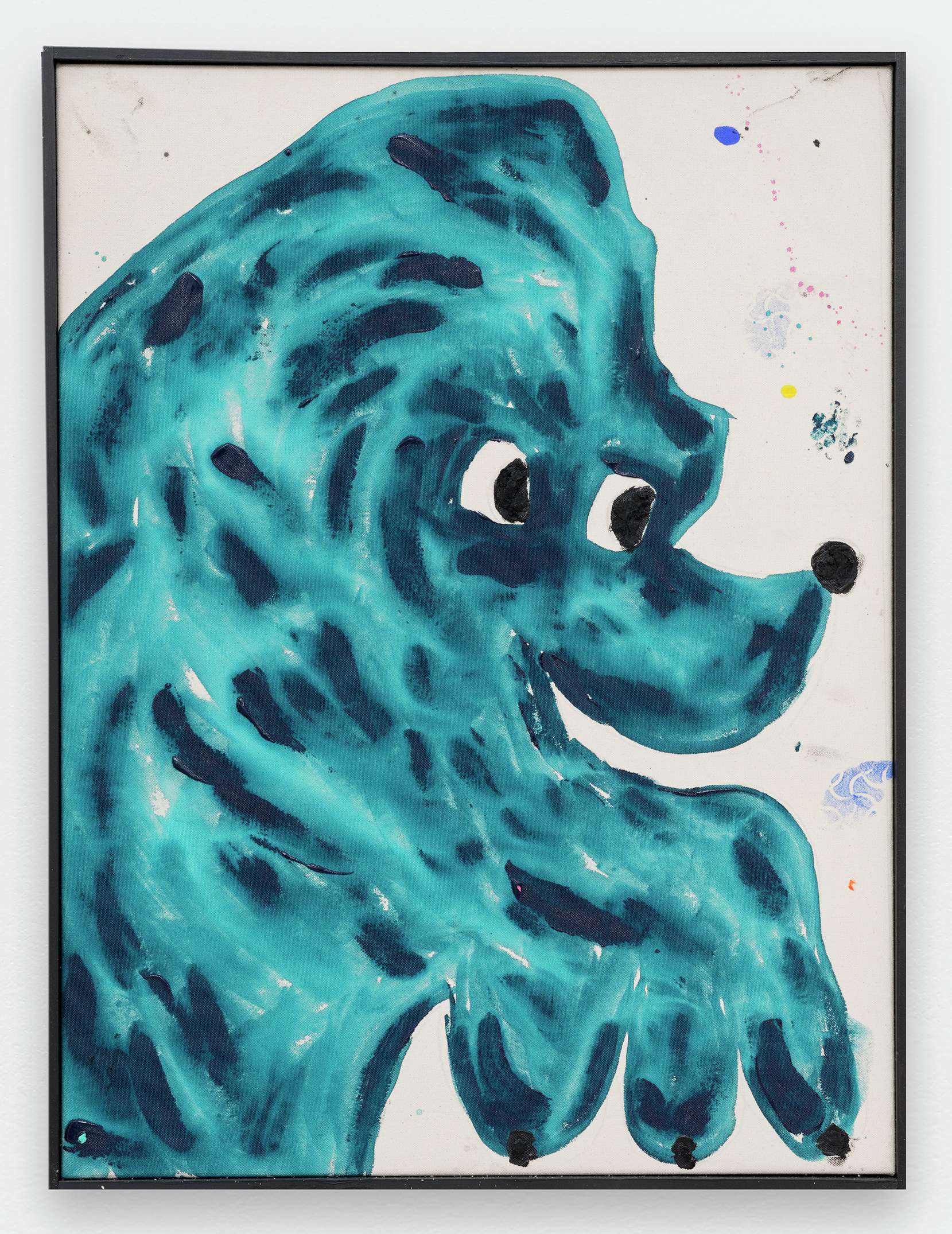
As galleries around the world begin to slowly reopen, we are spotlighting individual shows—online and IRL—that are worth of your attention.
“Szabolcs Bozó: Big Bang”
Online and in person through August 1, 2020
at Semiose, Paris
What the gallery says: “What is art for, what can it do, what’s the point of it all? These are the sort of idle questions that get batted around in normal times, but from the vantage point where I write these words—in New York City, a little over a week into the self-isolation—they take on a renewed resonance. It’s a moment in which the feverishly original paintings of Szabolcs Bozó suddenly become an antidote to that daily thrum of anxiety; when what we might expect, or even demand, of art is simply an affirmation of our own aliveness, a howling declaration of persistence in the midst of absurdity and fear.
Bozó is part of a younger guard of artists who, for purposes of nostalgia or simple freedom, are looking anew to the aesthetics of images made by, or for, children. In this sense he has a certain sympathy with painters like Brian Belott, Leonhard Hurlzmeier, or perhaps Robert Nava. But while other artists might co-opt certain styles for other purposes—to sneak in coded political messages, or ruminations on everyday violence—Bozó’s practice strikes me as somehow purer, with no ulterior motives. Baby ducks, bears, dinosaurs, and other less-easy-to-define creatures smile, jiggle, and dance their way across the canvas. They ride inside strange vehicles or, in some cases, join forces to create entirely new modes of transportation. What more can we ask for right now than images of such joyous cooperation?”
Why it’s worth a look: As Brooklyn-based writer and curator Scott Indrisek’s delightful endorsement describes, this show’s rosy outlook is one that challenges even the darkest days of upheaval. In Hungarian-born, London-based artist Bozó’s fantastical world, misshapen creatures with googly eyes run rampant, with arms and legs akimbo, sometimes inexplicably wearing shoes or hats.
To create these charming works, the artist rolls his canvases out on the floor, filling in the figures with loose strokes as if the surface were a giant coloring book. Like the illustrations of Eric Carle, or, as Indrisek notes, a mashup of prehistoric cave drawings and Roger Hargreaves, the animals in this show are innocent and beguiling, without any sort of darker pretense.
What it looks like:
Installaion view, “Szabolcs Bozó, Big Bang” at Semiose. Courtesy of Semiose, Paris.